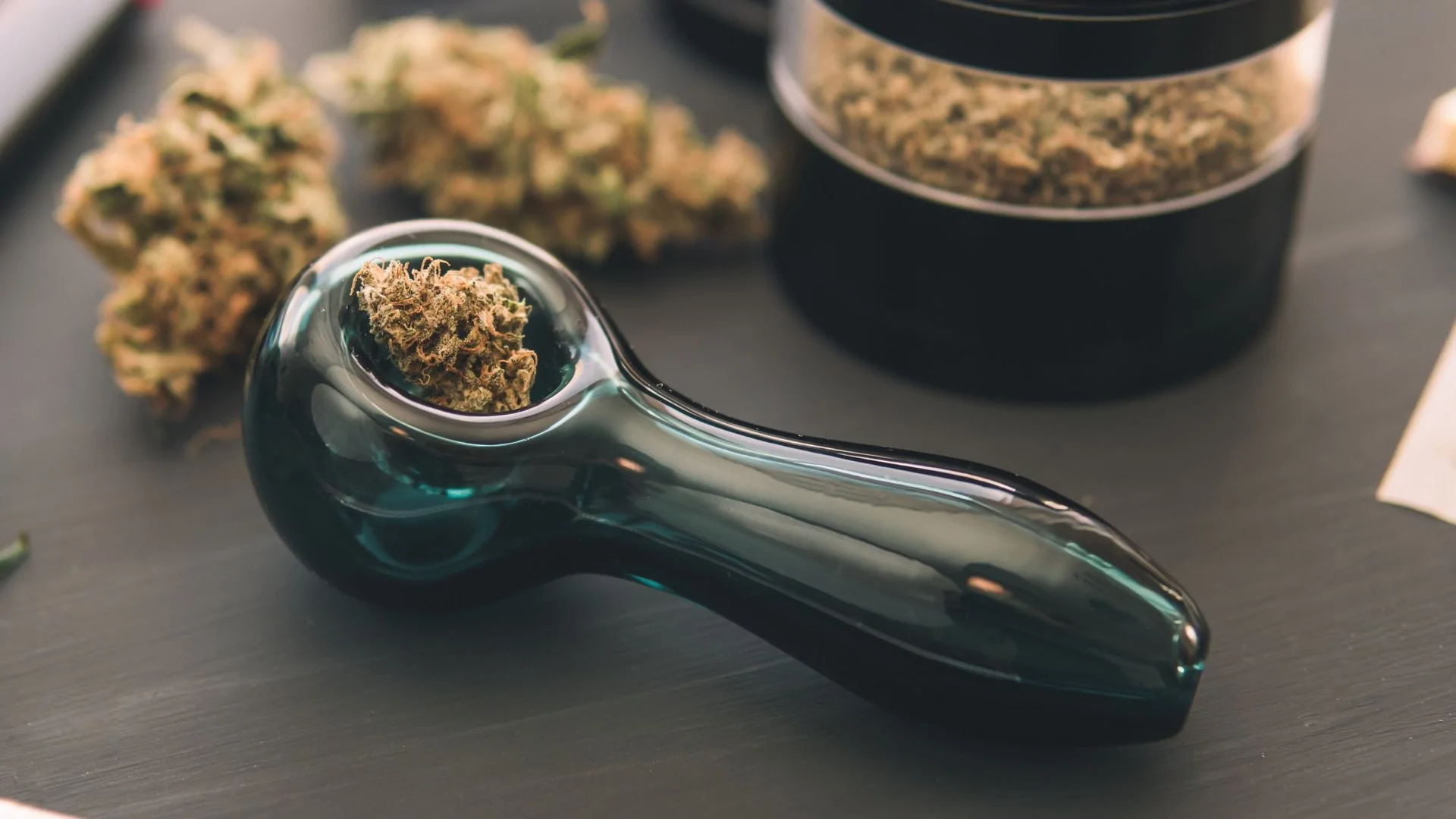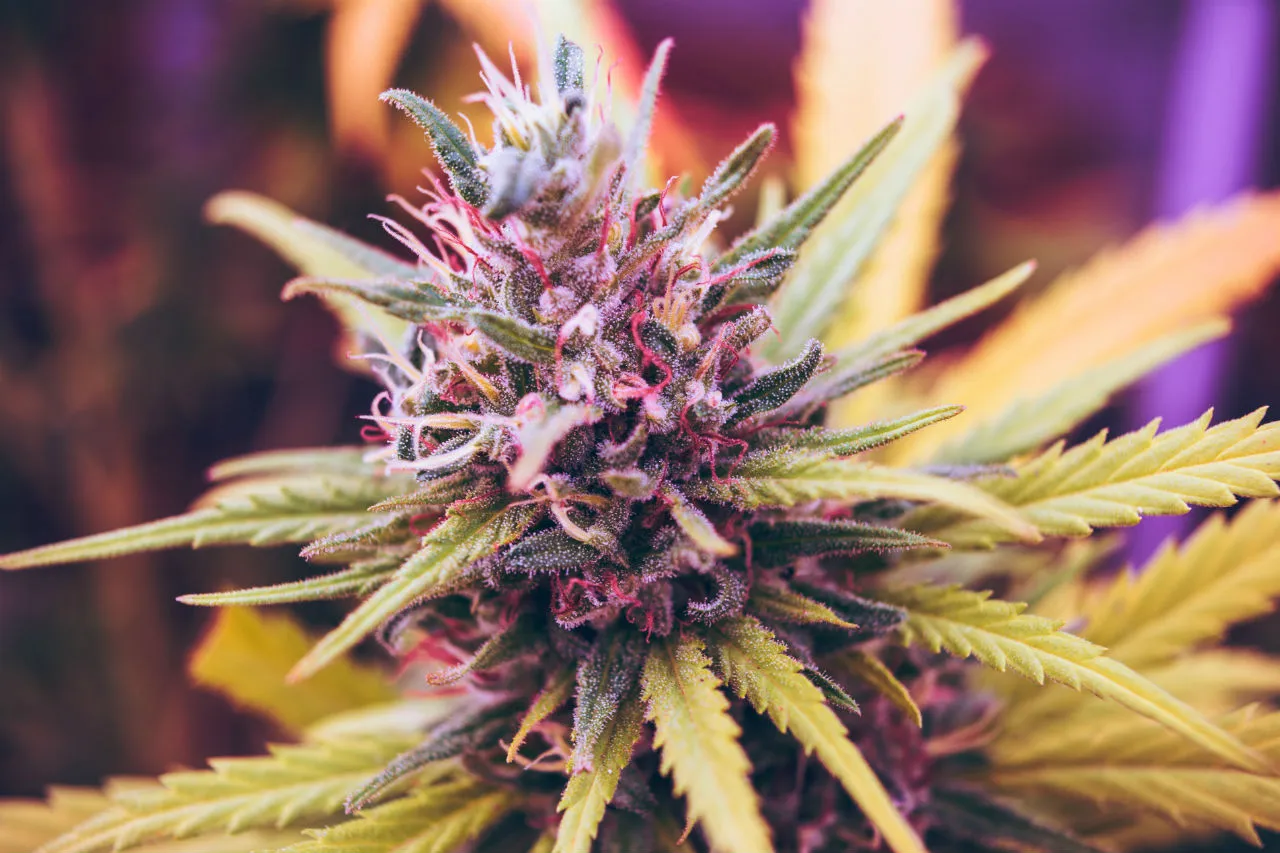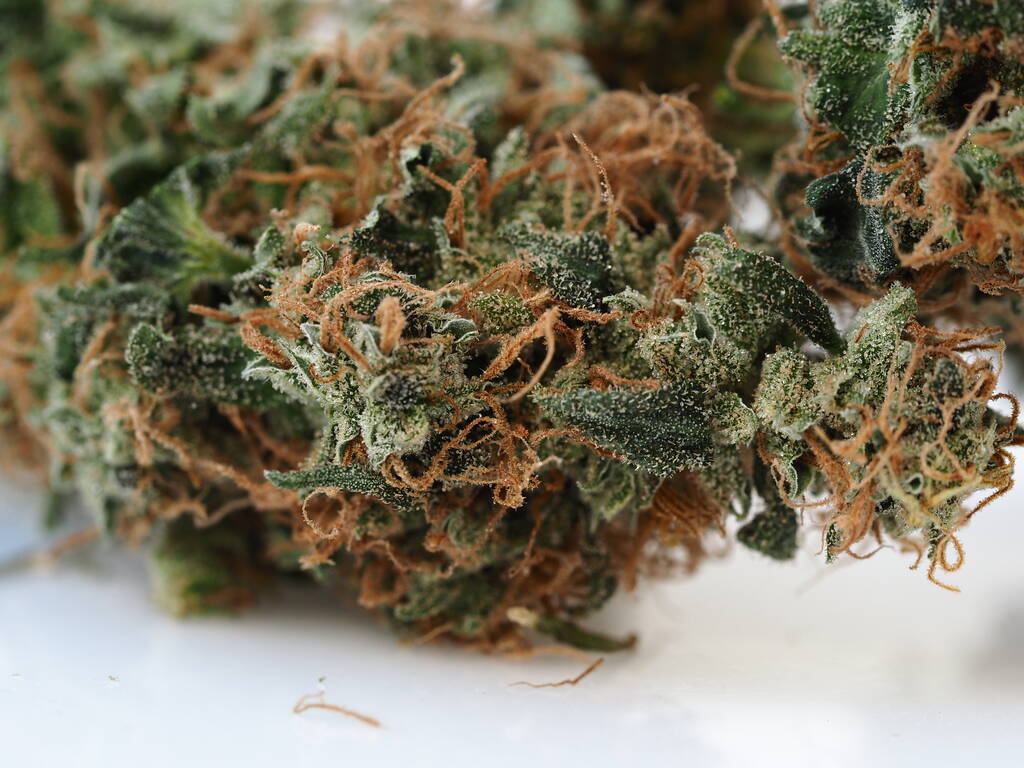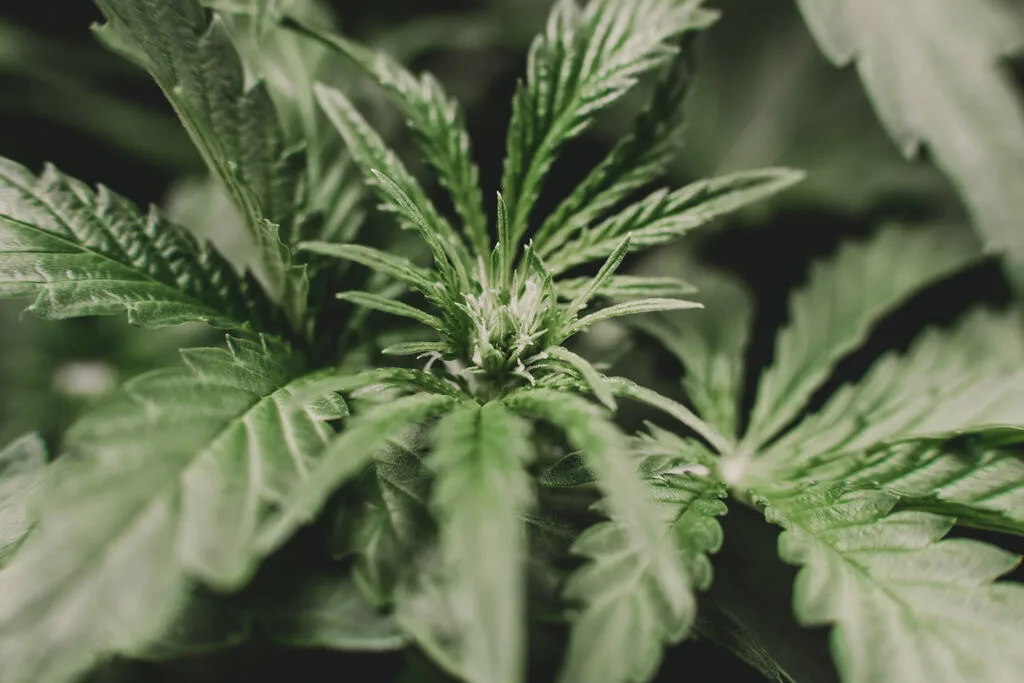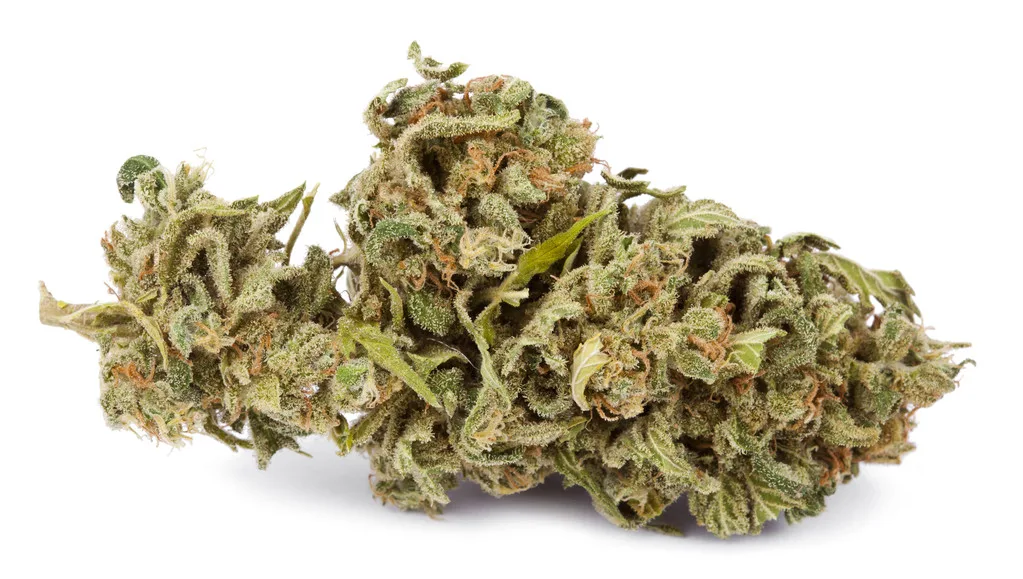Two bills were introduced today in the Iowa House of Representatives that aim to reduce penalties for marijuana possession in the state.
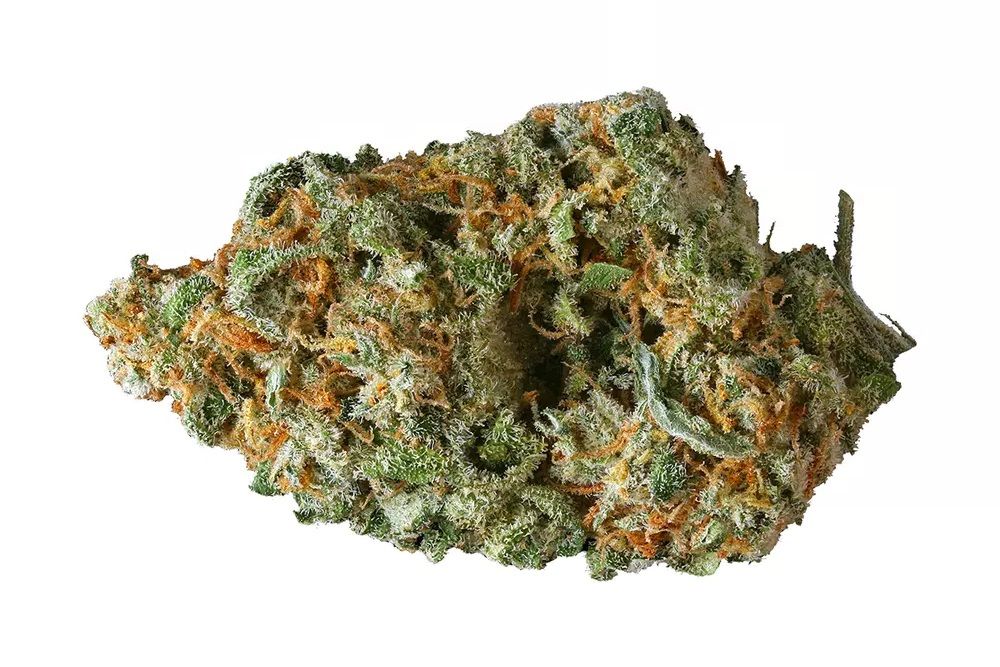
Filed by Republican lawmakers, the proposals take slightly different approaches but share a common goal of reforming Iowa’s marijuana laws.
House File 72, sponsored by State Representative Josh Meggers, would lower the penalty for possessing 10 grams or less of marijuana. Under the proposed legislation, such possession would be reclassified from an aggravated misdemeanor to a simple misdemeanor with a $500 fine. The bill eliminates the potential for jail time.
Continue reading

